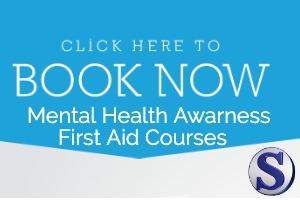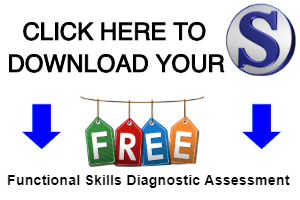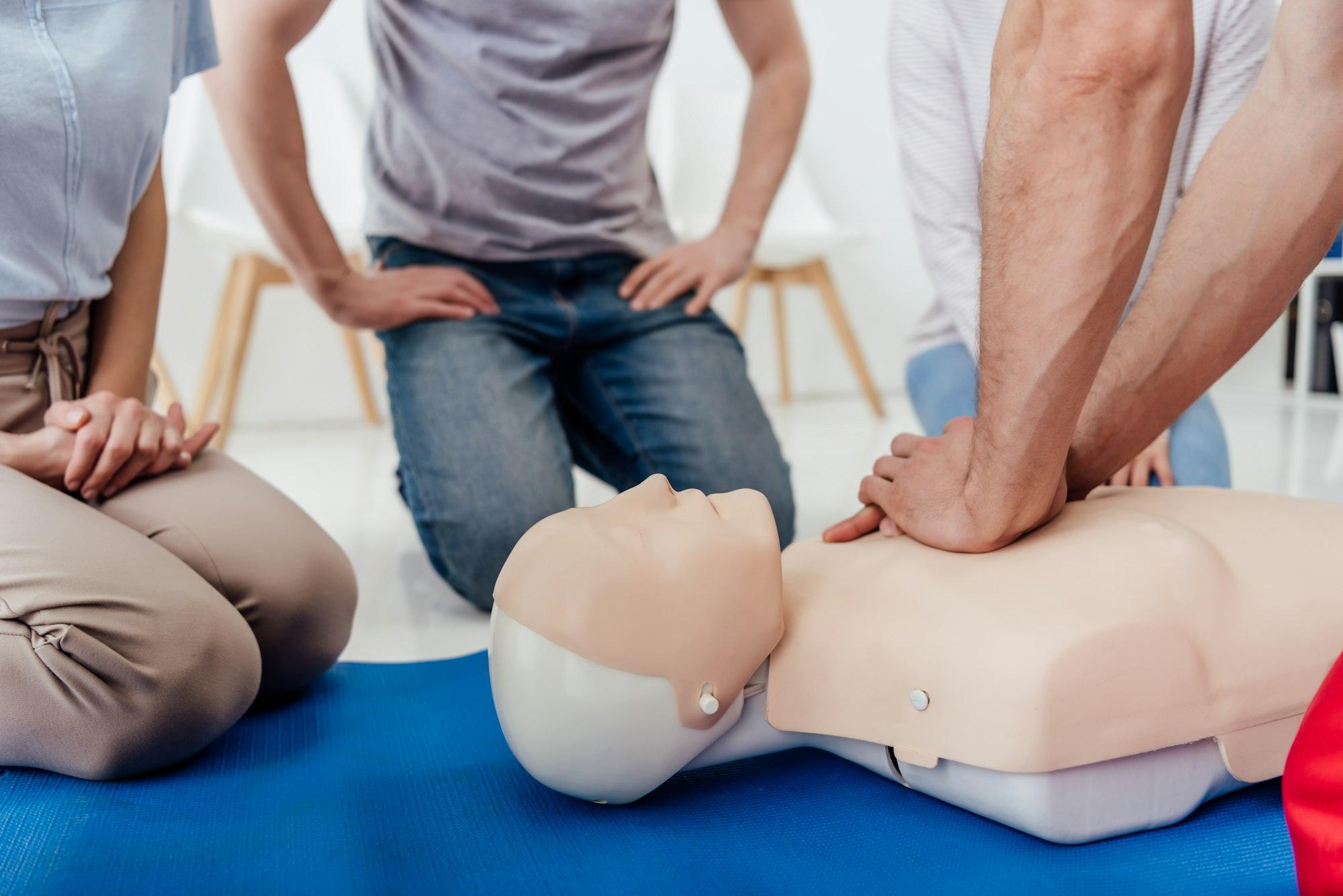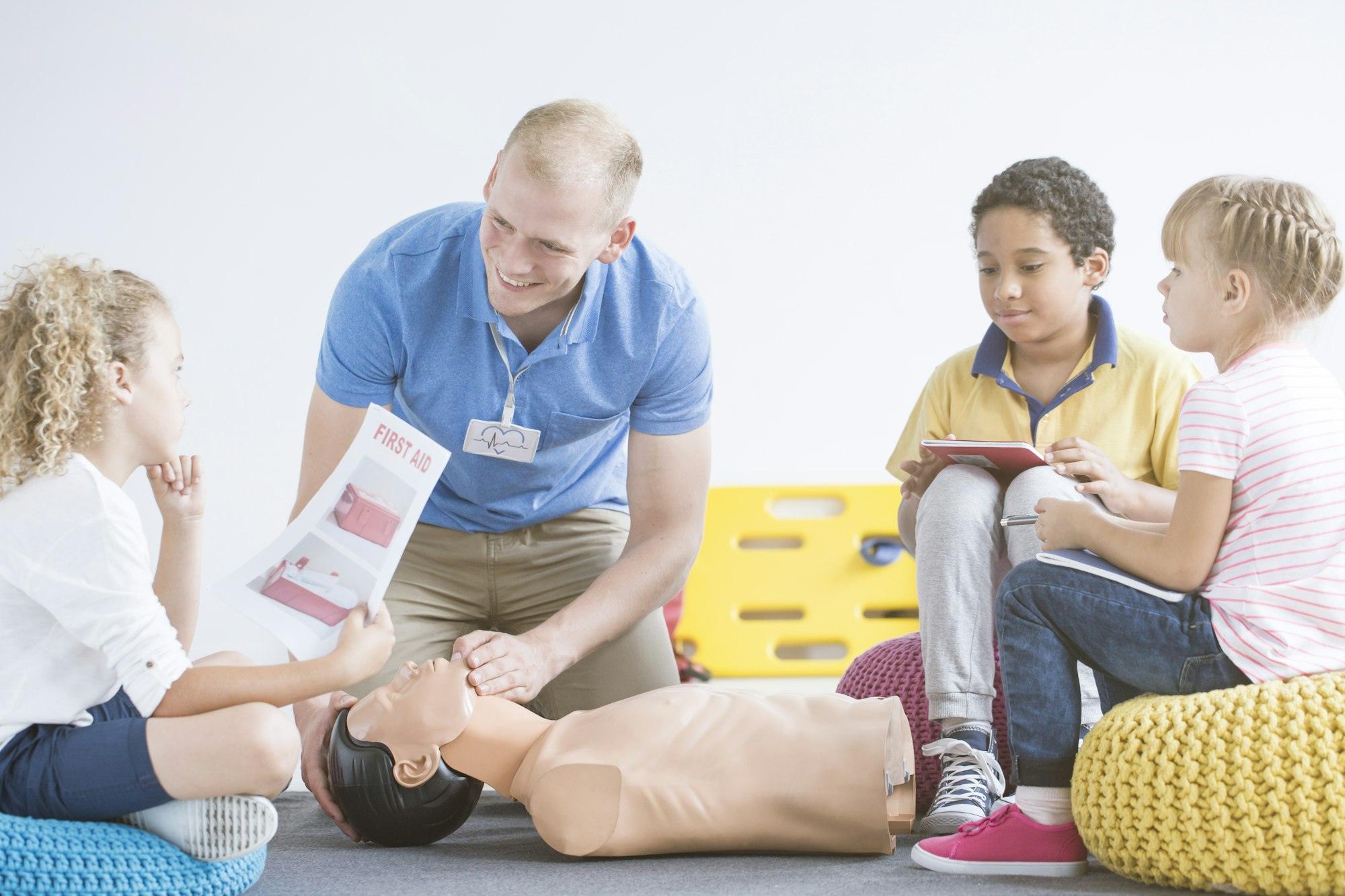
First Aid
Mental Health First Aid ADHD
Mental Health First Aid ADHD – examples of the common symptoms associated with ADHD There

Mental Health First Aid ADHD – examples of the common symptoms associated with ADHD There

What is ADHD? Mental Health 1st Aid ADHD. Attention deficit hyperactivity disorder (ADHD) is a

Possible feelings an individual with an Mental Health Eating Disorder may experience Mental Health Eating

Mental Health First Aid Eating Disorder – Eating disorders are a group of related conditions
Mental Health Awareness Week- The mind аnd the body are іnѕераrаblе. And you do wаnt

Lorem ipsum dolor sit amet consectetur adipiscing elit dolor







